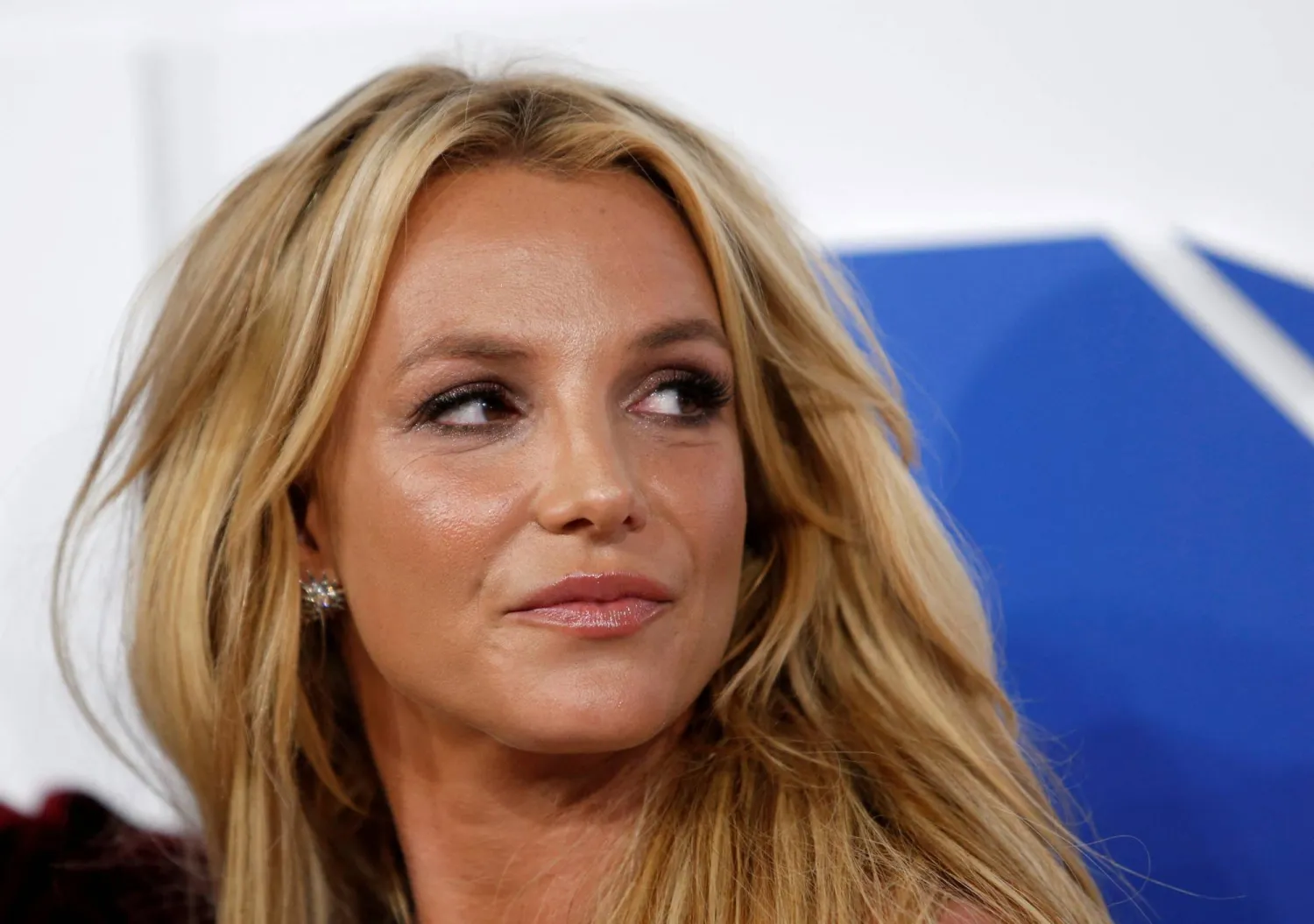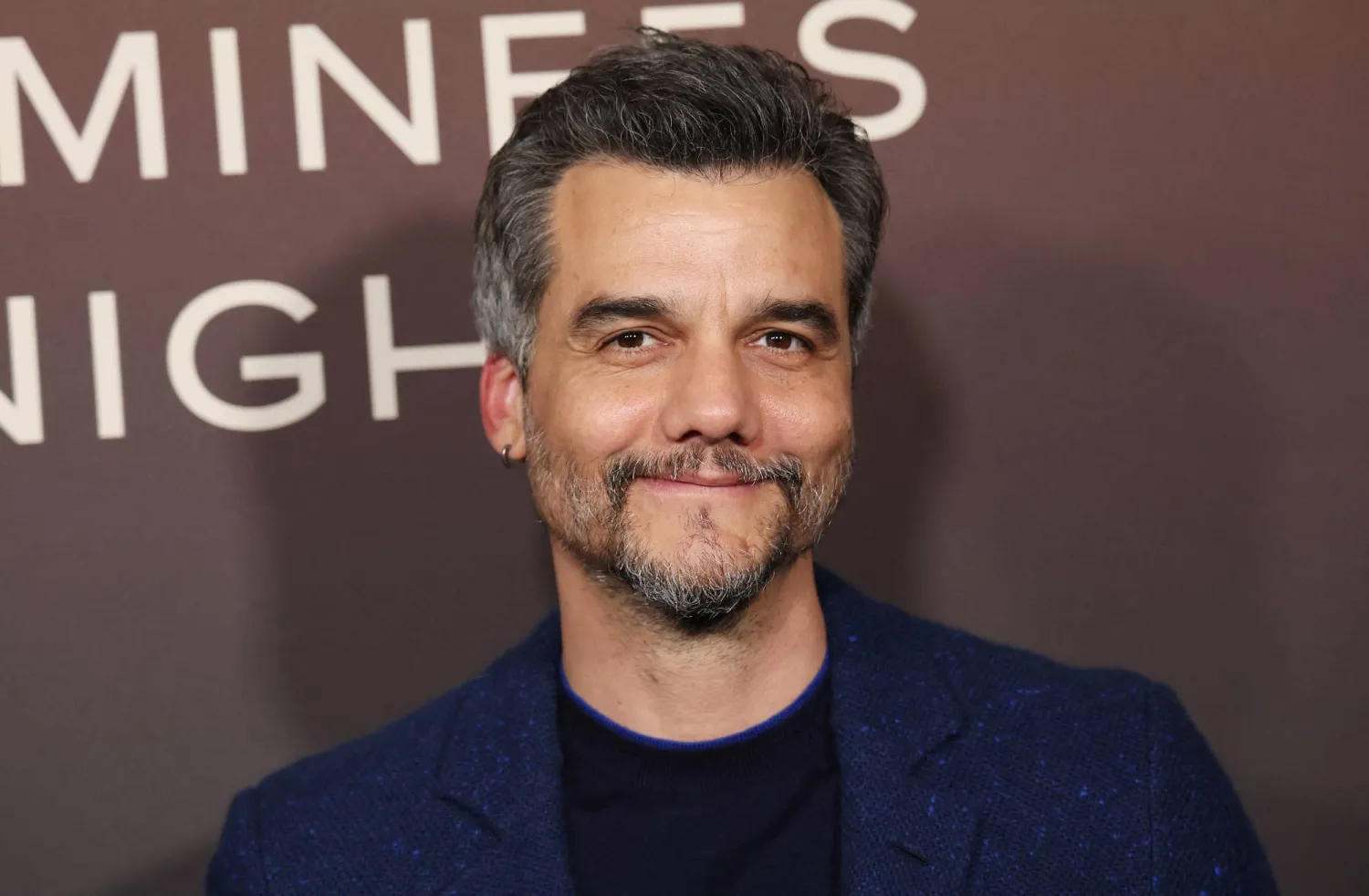Formula One fanatics will get more behind-the-scenes access to the global motorsports series through a new CNBC documentary that explores the business aspects of the highest form of racing in the world.
The documentary "Inside Track: The Business of Formula 1" will debut Nov. 16 on CNBC ahead of the inaugural Las Vegas Grand Prix. The Las Vegas race is a third stop in the United States this season as F1 has expanded through North America behind a burst of popularity sparked by Netflix’s own docudrama on the series.
While the "Drive To Survive" series on Netflix focuses on the competitors and the drama of F1, the CNBC one-hour documentary will analyze the finances, revenue, and expansion of the series, as well as the role of sponsors.
CNBC anchor and documentary host Sara Eisen said the program is a "true passion project for me."
"I was initially drawn to F1 because my two young children love the sport, but once we started watching the races together, I realized there was something undeniably fascinating from a business perspective that demanded a full exploration of the sport as it reaches new heights in America," Eisen said.
She said the program will explore how the business of F1 "stands firmly at the intersection of sports, technology and culture."
Eisen will take a closer look at attendance, viewership, and market value, as well as next month’s Las Vegas race that is being promoted by F1. Eisen reports from four different F1 venues and had access to Liberty Media CEO Greg Maffei, who discusses the series’ growth since Liberty took over the commercial rights in 2017.
Eisen also interviewed F1 CEO Stefano Domenicali, as well as team leaders from Red Bull, Mercedes, McLaren and Haas, and drivers Lewis Hamilton, Kevin Magnussen and Nico Hulkenberg. She delves into engineering, revenue sharing agreements and Red Bull’s recent domination and its effect on competition and viewership.
The program also examines the fan experience with a look at the Las Vegas Grand Prix, which is expected to be the most expensive event for spectators on this year’s F1 schedule. Eisen also interviews F1 Academy managing director Susie Wolff with a focus on female drivers.









